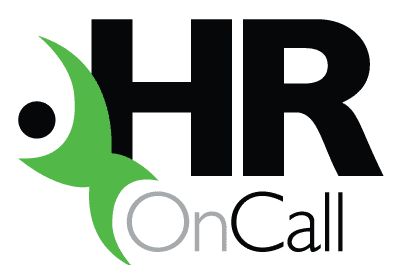There are some strong feelings about employees working from home on both sides of the fence. Whatever your personal position, there are certainly some lasting changes as a result of the pandemic. The important thing for your business is to make sure that you’re on the front foot about expectations and transparency with your employees.
Harry Triguboff, billionaire developer, calls employers who support work from home ‘parasites’
Harry Triguboff is an Australian property developer with strong opinions about the work from home reality for many businesses and workers because of the pandemic. He has called bosses who allow employees to work from home ‘parastites’ because, according to Harry, flexible working arrangements threaten both productivity and occupancy of city office spaces. In his opinion, the Meriton founder, who is worth an estimated $11 billion, estimates that employees are only “working half the time”. Harry’s sentiments are echoed in America by Goldman Sachs CEO, David Solomon who has called remote work an “aberration” and “not a new normal”.
However, there is a distinct lack of evidence to Harry’s claims and David’s sentiments about flexible work. What is clear, however, is that many employees are thriving under the new HR arrangements. According to a recent survey conducted by the enterprise software giant Atlassian, 77% of workers who participated in the study believed their overall work life balance has improved because of working from home. The company’s work futurist Dom Price thinks that businesses will need to allow their employees the chance to work from home going forward. He said, “I think we’re in a time of mass personalisation … I think we’re about to enter this time of a hybrid workforce, like a choose-your-own-adventure.
David Solomon, billionaire co-founder of Atlassian, thinks remote work is the way of the future
Atlassian’s billionaire co-founder and co-chief executive Scott Farquhar couldn’t agree with Dom more. In the past year he has only been to the Sydney headquarters three times and two of those days were for external meetings. Scott makes the point that the tech giant’s work from home policy is crucial to allow the company to attract and retain top talent both locally and overseas. With flexible work, employees don’t have to choose between the lifestyle of their dreams and their dream job – at Atlassian, they can have both. The company only requires staff to go to their closest office four times a year, and this is for intense, socially-focused events such as conferences rather than work.
In David’s experience, employee productivity has not reduced. In fact, the company has hired around 1,500 new employees since the pandemic – all working remotely. This represents extraordinary growth for the company and confirms the success of Atlassian’s flexible work policy and the inevitability of a flexible work future. “We are happy to be at forefront of changing the way people work so that’s the role we want to play and as we learn and pave the way we expect other companies to follow behind,” he said.
The future of work has changed forever
Whether you agree with Harry Triguboff or Scott Farquar – or you haven’t made up your mind yet – what is clear is that expectations around work flexibility have changed, and there’s no longer a pathway back to exactly how things were before the pandemic. At least not for most organisations.
Partly, this is because technology has made remote work not only possible but in some respects superior to traditional 9-5 office environments. Such as working with colleagues from all over the world, for instance. It also allows greater workplace participation, allowing people who live too far away or who are primary carers needing flexibility to join the workplace. In a way, technology was always going to lead HR down the path of flexible work; the pandemic has just expedited the shift.
On the other hand, some employees are struggling working from home and can’t wait to get back to the ‘energy’ of the office. A hybrid model with both work from home and office attendance seems to be the way of the future. In this way, businesses can cater to multiple sets of needs and preferences while attracting and retaining the best talent from across the country and all over the world.
Making flexibility work for your business
The expectations around workplace flexibility have changed. As more and more workplaces offer work from home as an option post-pandemic, employers that don’t offer flexibility may risk losing key staff. However, it’s important for employers to find their own balance in terms of what will work for their business. Just as not every employee’s needs are the same, not every business’ needs are the same either.
The key is finding the right approach which incorporates competing needs, then being transparent and consistent with employees. In this way, businesses and staff are on the same page, and expectations can be effectively managed.
We can help you navigate this new HR normal
Not sure how to make sense of the changing HR landscape when it comes to remote work or need other HR tips? We can help. Contact HR on Call today


